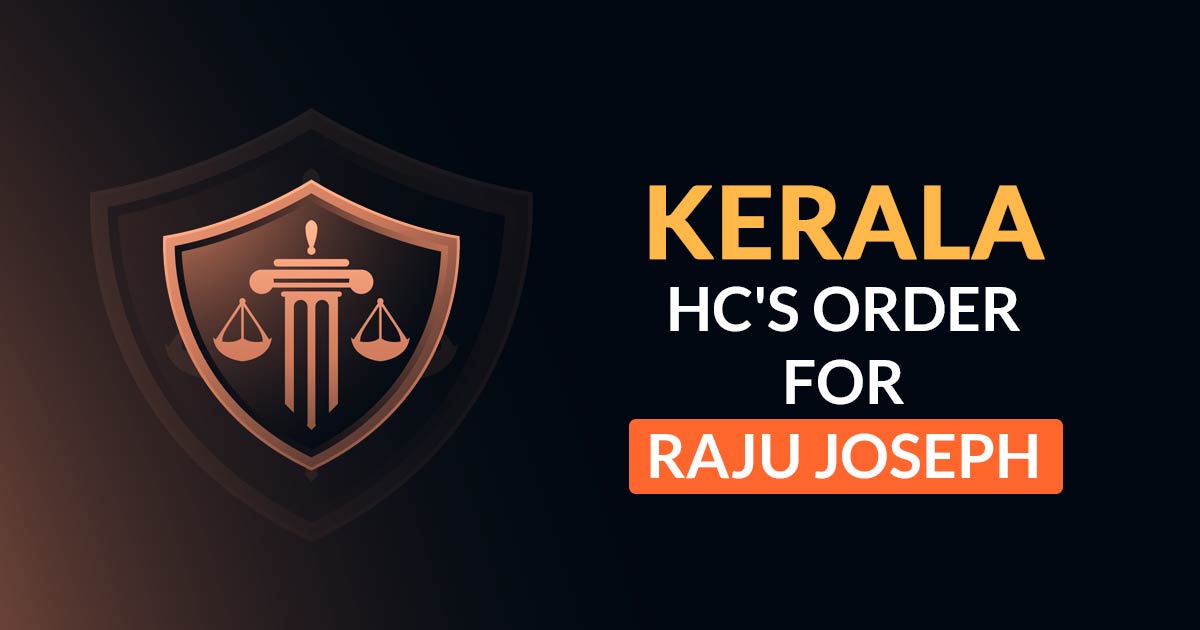
The Kerala High Court has instructed the Assessing Authority to review the petitioner’s arguments based on Circular No.183/15/2022-GST dated 27.12.2022 from the Government of India, Department of Revenue. This directive was prompted by the petitioner’s denial of legitimate Input Tax Credit (ITC), which was solely due to variations in ITC figures between the GST returns GSTR 2A and GSTR 3B.
GSTR 2A gathers purchase details from supplier records automatically, while Form GSTR 3B is a monthly summary return filed by taxpayers, offering a consolidated view of their sales and purchases. This summary helps in easier tax payment and declaring GST liabilities for specific periods.
This decision follows a Writ Petition submitted by Mr Raju Joseph, the proprietor of Future Graphic Systems in Alappuzha, contesting the validity of orders issued by the State Goods and Services Tax (SGST) Department.
The petitioner, represented by K.N. Sreekumaran, P.J. Anilkumar, and N. Santhoshkumar, contested the rejection of their GST Input Tax Credit (ITC). This denial was solely based on the variance between the Eligible ITC shown in Form GSTR 2A and the ITC actually claimed in Form GSTR 3B for the 2017-18 tax period.
They argued that the disparity in ITC derived from genuine errors and challenges encountered during the initial implementation years of GST. They referred to Circular No.183/15/2022-GST issued by the Government of India, Department of Revenue, which clarifies situations where a supplier filed GSTR–1 and GSTR–3B but indicated the supply with the incorrect GSTIN of the recipient in GSTR–1.
The petitioner highlighted Paragraph 4 of the Circular, detailing the process for the proper officer to verify and request details from the registered person regarding invoices where ITC was claimed in Form GSTR 3B but not reflected in Form GSTR 2A. This emphasized compliance with Section 16 of the Central Goods and Services Tax (CGST) Act, 2017, specifying the necessity of valid documents like tax invoices, proof of goods or services receipt, and payment to the supplier.
The Circular also laid out guidelines for officers to inspect ITC reversals under sections 17 or 18 of the CGST Act, 2017 and the stipulated timeframe for claiming credit.
Moreover, the Circular introduced procedures to confirm if the supplier indeed paid the taxes on the supplies to the government exchequer. In cases where discrepancies exceeded Rs.5 lakh, the registered person needed to furnish a certification from a Chartered Accountant (CA) or Cost Accountant, validating the actual supplies and tax payments made by the supplier. For discrepancies up to Rs.5 lakh, a certificate or undertaking from the supplier was considered adequate.
The petitioner drew upon a prior ruling from the Kerala High Court in Diya Agencies v. State of Kerala, underscoring that refusal of Input Tax Credit (ITC) merely due to variations between Form GSTR-2A and Form GSTR-3B lacks a strong foundation. In the Diya Agencies case, the court had instructed the assessing officer to grant the petitioner an opportunity to substantiate their ITC claim, stressing that disparities in GSTR-2A should not suffice as grounds to deny rightful ITC.
Representing the respondent revenue, Thushara James, K.R. Rajkumar, and Sreejith P. R. contended that the petitioner had not adequately reconciled the differences and failed to meet the criteria outlined in Section 16 of the CGST Act.
In alignment with the Circular, the Kerala High Court granted the writ petition, nullifying the orders issued by the Assessing Authority.
The bench instructed a reevaluation of the petitioner’s case by the Assessing Authority, regardless of the disparities in Form GSTR 2A.
Furthermore, the petitioner was mandated to deposit 10% of the assessed sum within fifteen days and present all pertinent documents before the Assessing Authority to validate their ITC claim.
Justice Dinesh Kumar Singh, presiding as a single bench, concluded that valid ITC claims should not be dismissed merely due to differences between GSTR-2A and GSTR-3B, as long as the claimants have fulfilled all prerequisites for claiming ITC as specified under Section 16 of the CGST Act, 2017.









